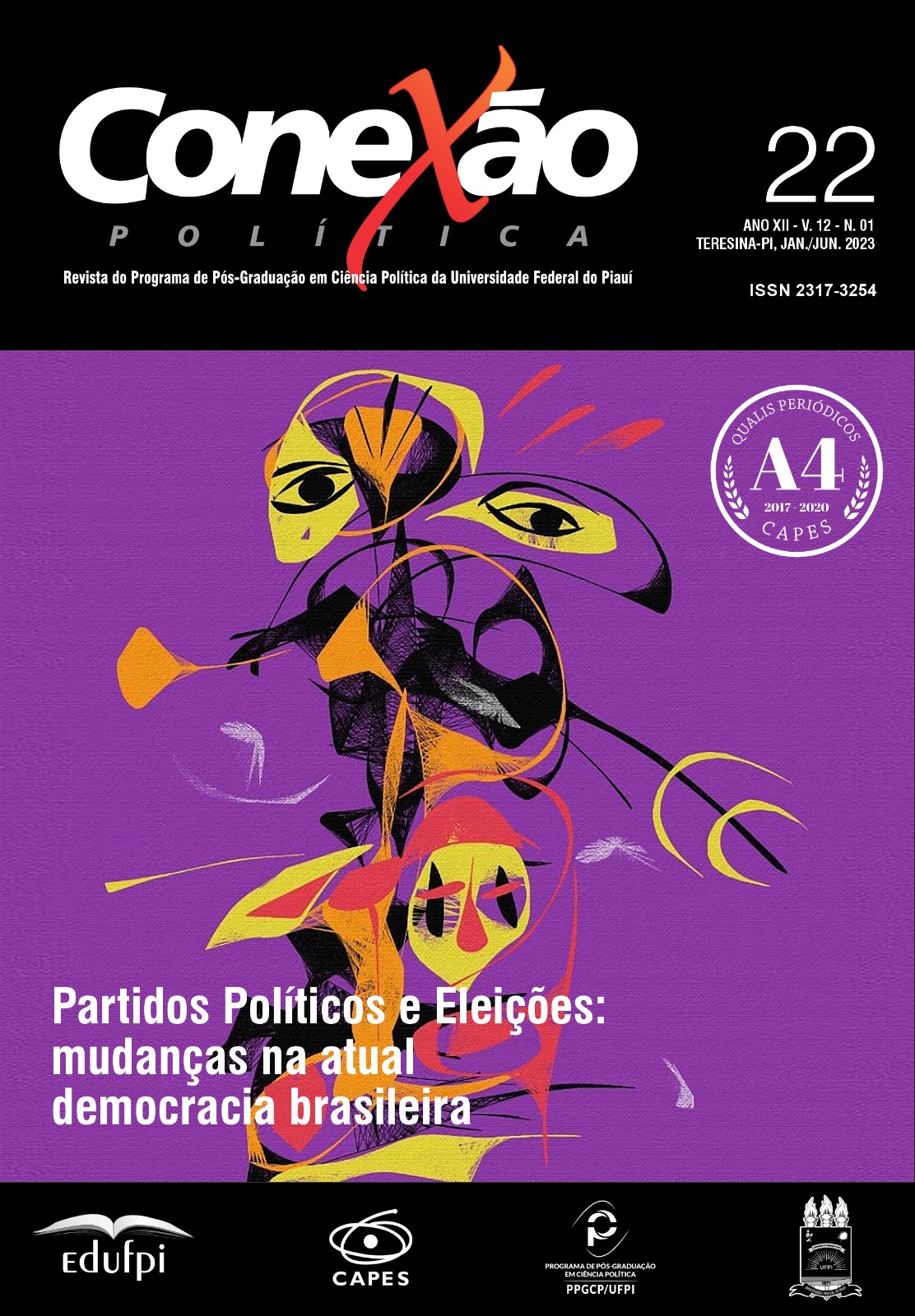CAMPAIGN FINANCING AND ELECTORAL OUTCOME IN THE 2016 AND 2020 ELECTIONS IN BAHIA
DOI:
https://doi.org/10.26694/2317-3254.rcp.v12i1.5627Keywords:
electoral financing, municipal elections, special campaign finance fundAbstract
The research aims to expand the studies on municipal elections in Brazil. It is intended to analyze the State of Bahia, with its 417 municipalities, in order to observe whether there is an association between electoral success and campaign spending, specifically from political parties to candidates for mayors and councilors, in 2016 and 2020, both without the contribution of corporate campaign financing, according to the Law 13.165/2015. The strength of the Electoral Campaign Finance Fund (FEFC), approved in 2017, through the Law No. 13,487, of October 6, 2017, will also be observed, which was born with the goal of minimizing the impact of the absence of private corporate resources. The approved Fund is composed of budgetary appropriations from the Union, and distributed with a larger amount to parties with more representatives in the Federal House and Senate. In the 2020 municipal elections, its contribution was USD 418.852.878,3056, according to official data from the Superior Electoral Court. It is also expected that the result of this research will make it possible to understand the power of campaign financing in the fourth largest electoral college in the country, first in the Northeast region, and the fourth largest state in number of municipalities in Brazil, contributing to social science research in this region of the country. Historically, researches about financing and municipal elections are concentrated in the south and southeast part of Brazil. Specifically, in 2016 and 2020, the few existing researches had a more general focus, encompassing all municipalities in the country. Finally, a reflection on how campaign finance and its empirical and theoretical unfoldings help to think about the impasses related to the improvement of Brazil's party and electoral system and the ideal of democracy.Downloads
Published
2024-04-02
How to Cite
RANGEL BARBOSA, Alan; MICELI KERBAUY, Maria Teresa. CAMPAIGN FINANCING AND ELECTORAL OUTCOME IN THE 2016 AND 2020 ELECTIONS IN BAHIA. Conexão Política, [S. l.], v. 12, n. 1, p. 93–126, 2024. DOI: 10.26694/2317-3254.rcp.v12i1.5627. Disponível em: https://periodicos.ufpi.br/index.php/conexaopolitica/article/view/5627. Acesso em: 4 mar. 2026.




